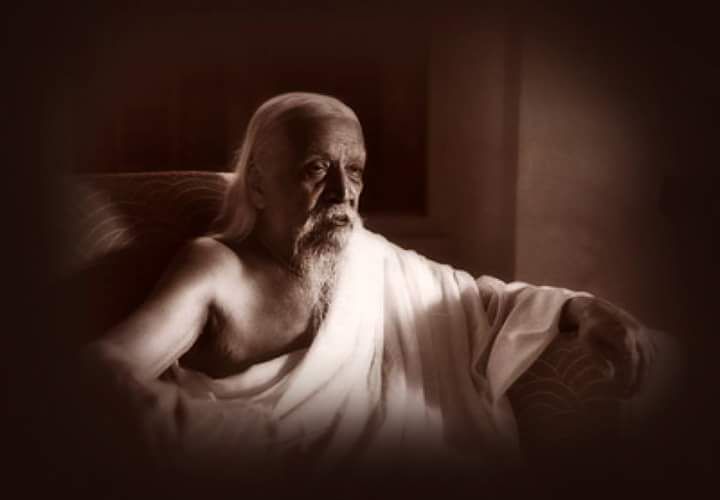Being the perfect instrument of God

Bhavani Bharati – Verse 87
05/24/2019
Bhavani Bharati – Verse 88
05/25/2019In Thy works there are always these three, the Master, the Worker and the Instrument. To define them in oneself rightly and rightly to possess them is the secret of works and of the delight of works.
Learn thou first to be the instrument of God and to accept thy Master. The instrument is this outward thing thou callest thyself; it is a mould of mind, a driving force of power, a machinery of form, a thing full of springs and cogs and clamps and devices. Call not this the Worker or the Master; it can never be the Worker or the Master. Accept thyself humbly, yet proudly, devotedly, submissively and joyfully as a divine instrument.
There is no greater pride and glory than to be a perfect instrument of the Master.
Learn thou first absolutely to obey. The sword does not choose where it shall strike, the arrow does not ask whither it shall be driven, the springs of the machine do not insist on the product that shall be turned out from its labour. These things are settled by the intention and working of Nature and the more the conscious instrument learns to feel and obey the pure and essential law of its nature the sooner shall the work turned out become perfect and flawless. Self-choice by the nervous motive – power, revolt of the physical and mental tool can only mar the working.
Let thyself drive in the breath of God and be as a leaf in the tempest; put thyself in His hand and be as the sword that strikes and the arrow that leaps to its target. Let thy mind be as the spring of the machine, let thy force be as the shooting of a piston, let thy work be as the grinding and shaping descent of the steel on its object. Let thy speech be the clang of the hammer on the anvil and the moan of the engine in its labour and the cry of the trumpet that proclaims the force of God to the regions. In whatever way do as an instrument the work that is natural to thee and appointed.
Ref: Essays Divine and Human




